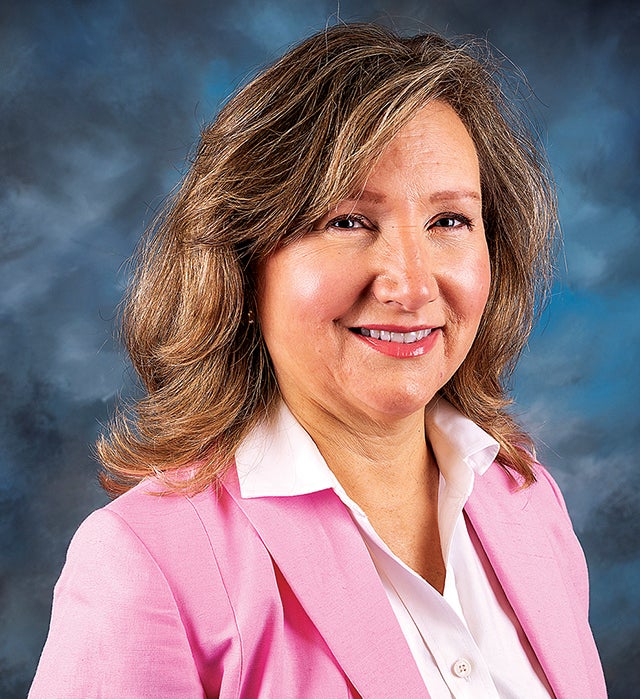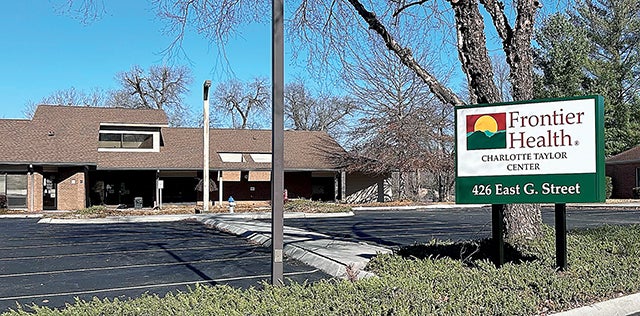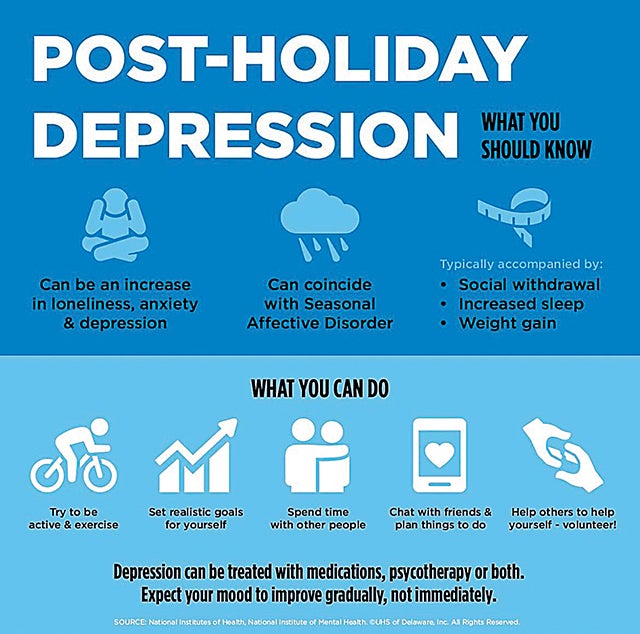Post-Holiday Depression: Dealing with the aftermath of the holidays
Published 3:46 pm Friday, January 6, 2023
1 of 3
|
Getting your Trinity Audio player ready...
|
By Bailey Marvel
Star Correspondent
There is something magical about the holiday season — that extraordinary period from the end of November leading up to Christmas and the start of a new year. But for many people, the end of the holiday season can bring feelings of emptiness, longing and often disappointment.
Post-holiday depression is a short-term form of depression but it can also coincide with seasonal depression as well as other mental health issues.
Diana Finlay, a licensed clinical social worker at the Charlotte Taylor Center in Elizabethton, has worked for Frontier Health for more than 30 years.
“When we think about the holidays there is so much anticipation for what’s coming. We tend to do a lot more during the holidays. There is more excitement. We may do activities during that time that we never get to do that we enjoy doing. Once that’s gone there can be a feeling of let-down or disappointment,” Finlay said.
“Many people find the abrupt ending to the holiday season can be very disorienting, so they have trouble adjusting.”
Happiness and sadness are not opposite ends of a spectrum, she added. Instead, it is better to think of these feelings as being next to each other. In this regard, it makes sense then that after a time of elevated emotions such as Christmas that those emotions would continue to be elevated but perhaps shift from joy to depression. Given the ubiquity of the holiday season and its association with joy and happiness, one might wonder how common is post-holiday depression.
“The National Alliance on Mental Illness reports that 64% of people report being affected by holiday depression,” Finlay said. “People do things we don’t normally do during the holidays. Spending more money, and overeating, people tend to gain weight over the holidays. All of this can have an effect on our mood and our stress level.”
Obviously, not all is hopeless. There are plenty of things one can do to combat post-holiday depression. Finlay recommends several possibilities, for example, planning something to look forward to whether that is something big like a vacation or something smaller like watching a movie with friends.
Physical health also impacts mental health so proper diet, exercise, and sleep are recommended. Financial stress is also a factor with post-holiday depression so make a budget and follow through with it. The most important thing though as Ms. Finlay said was to spend time with your loved ones. “Connections always help us,” she said.
Finally, perhaps one’s post-holiday depression is connected to a much larger pattern of depression. In that case seek help from professionals. Despite plumbing issues that forced the physical location to temporarily shut down, the counselors at the Charlotte Taylor Center were quick to act and continued to serve their patients with phone calls and Zoom meetings, showing their dedication to the community. The physical location will hopefully be reopened by next week.







